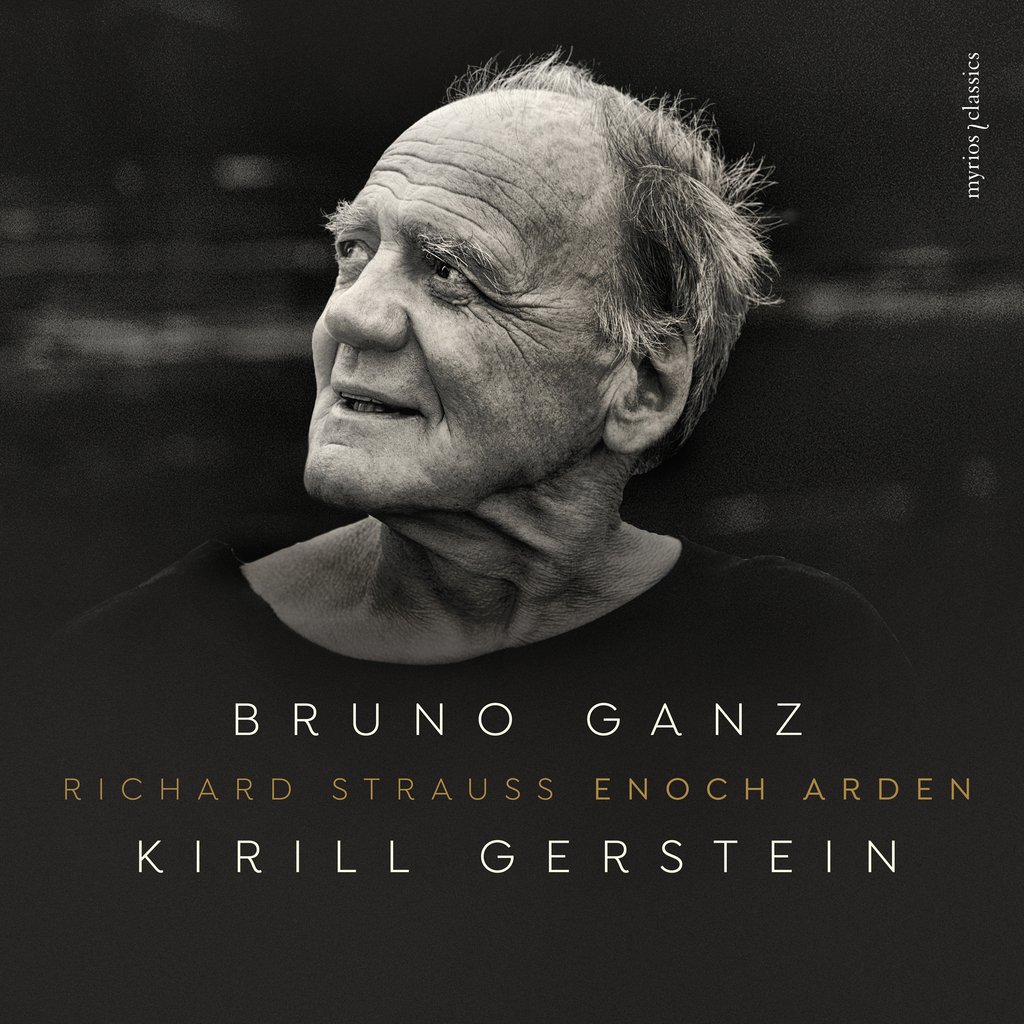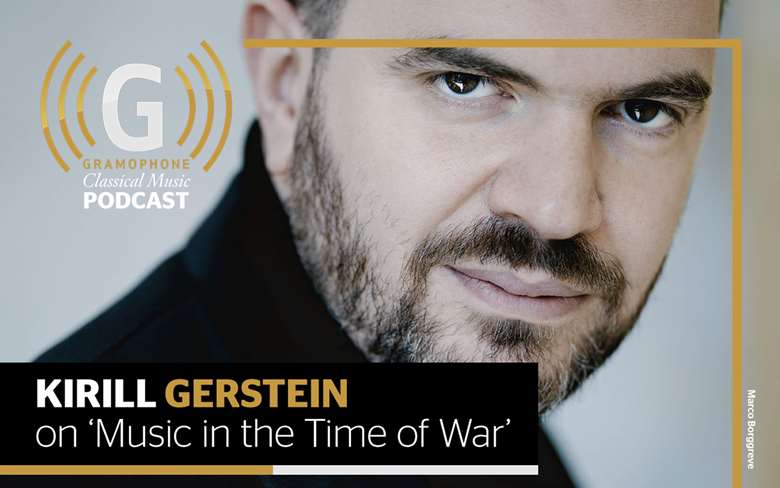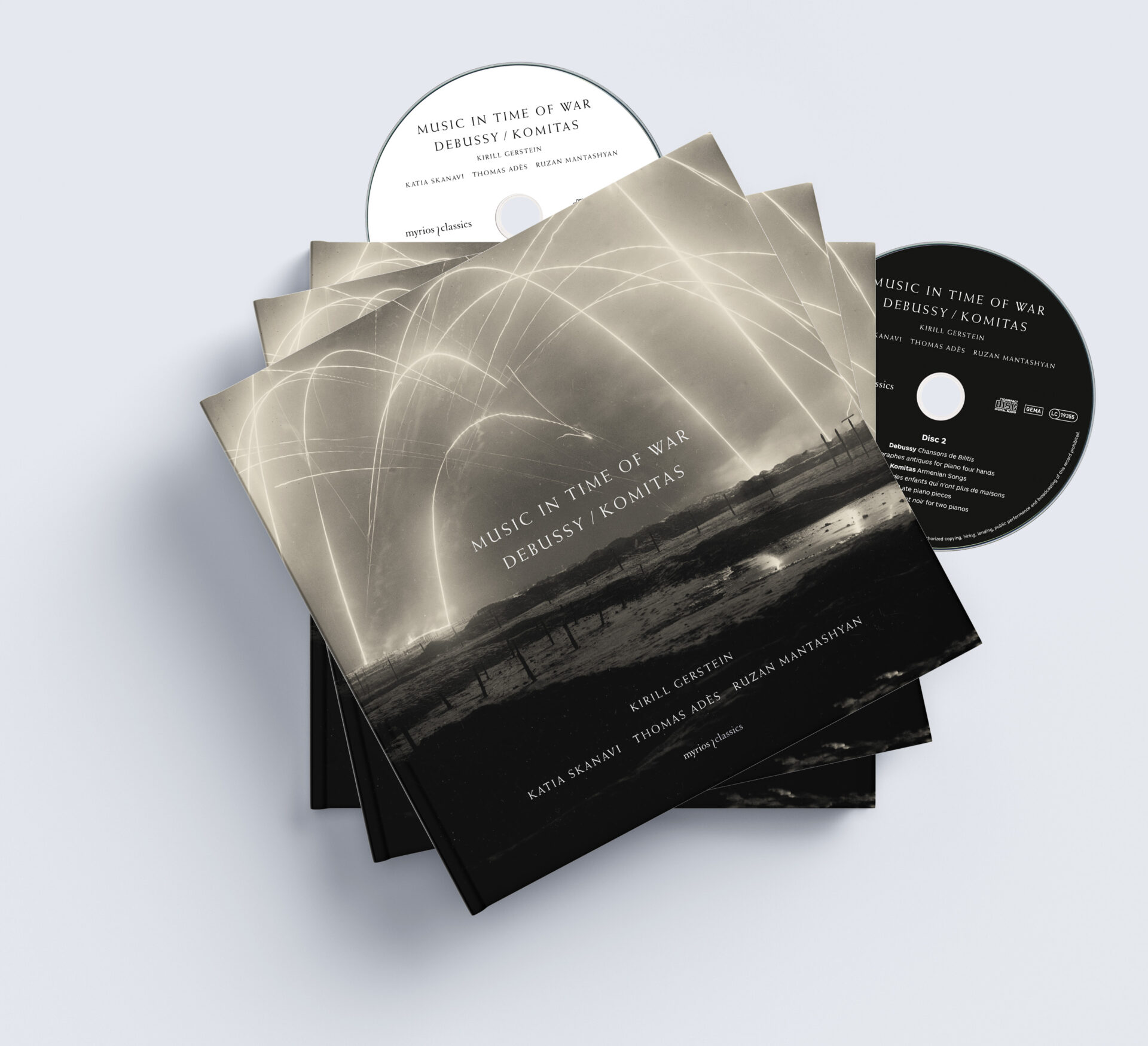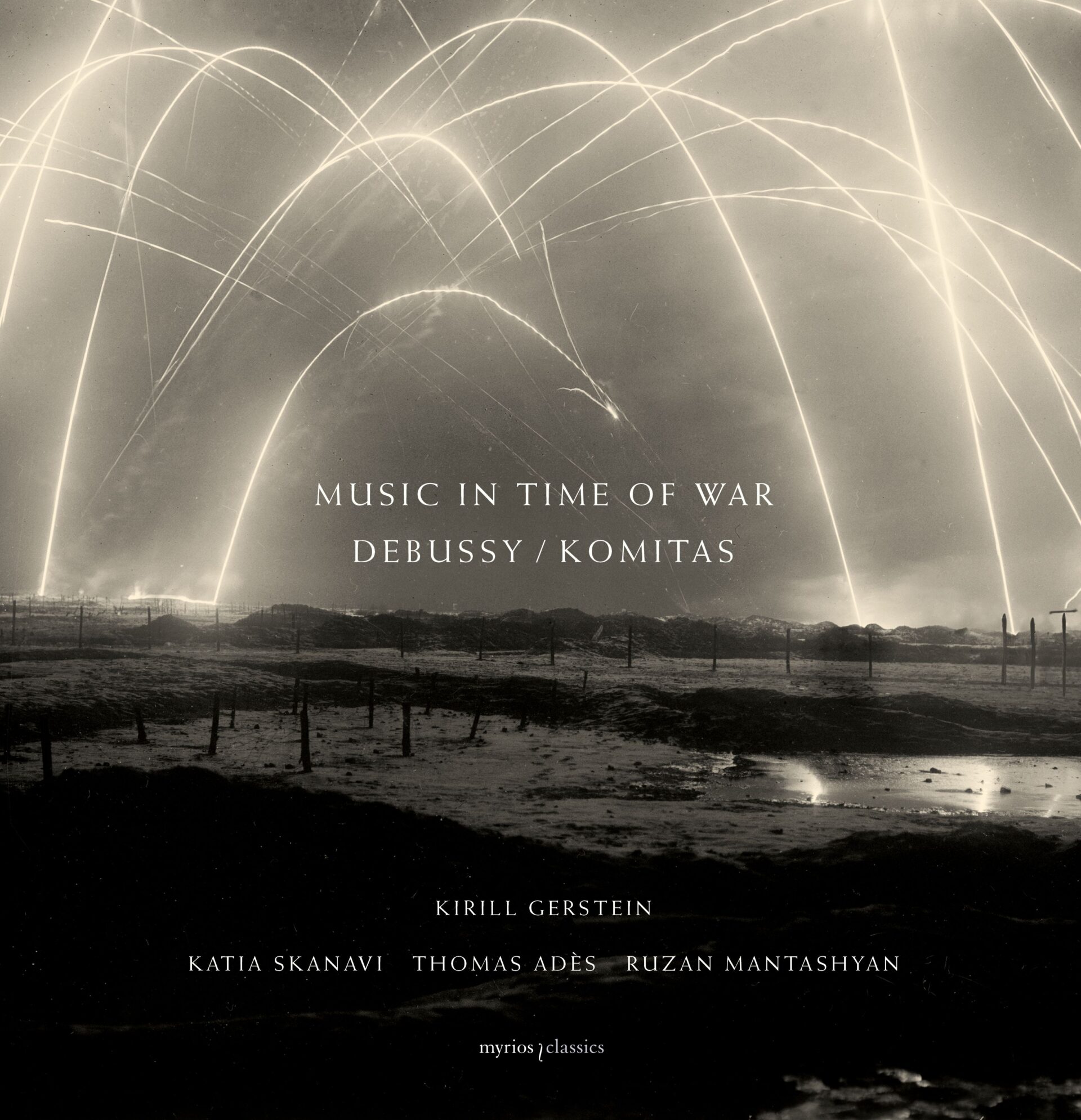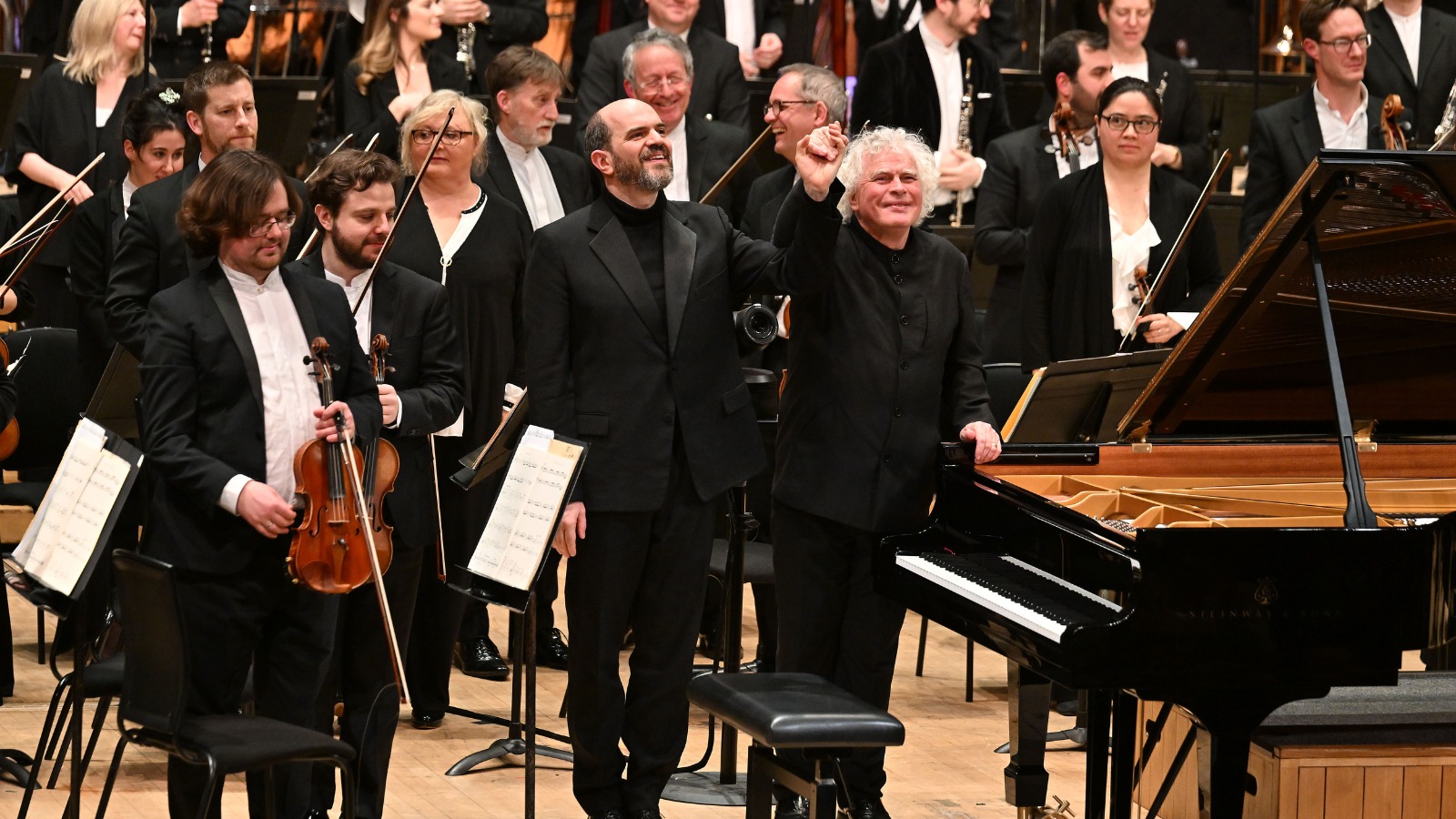Ventures
Ventures
Enoch Arden
with Bruno Ganz
Bruno Ganz and I first met at the Ittingen festival in 2011. Having always been captivated by the magnetism of his talent and personality, I dared ask him whether he could be persuaded to collaborate one day on a performance of Richard Strauss’s 1897 Enoch Arden melodrama.
Ever since I fell in love with the piece through Glenn Gould’s classic 1963 recording, the vocal part spoken in English by Claude Rains, I yearned to hear the work narrated in German by a great actor. Strauss himself often performed it in German with the composition’s dedicatee, actor Ernst von Possart. Bruno kindly allowed me to send him the poem and recording for consideration. For the next couple of years, we had an intermittent, humorous back-and-forth email exchange. I would write to see whether he had had a chance to listen, read and decide on the idea. Bruno would courteously reply that, between his numerous film projects, he hadn’t quite had the time to do so, but that I could continue to remind him. Then, suddenly, a message arrived from his partner, Ruth Walz. “Bruno has read the poem and likes it. A lot. When can you start rehearsing?”
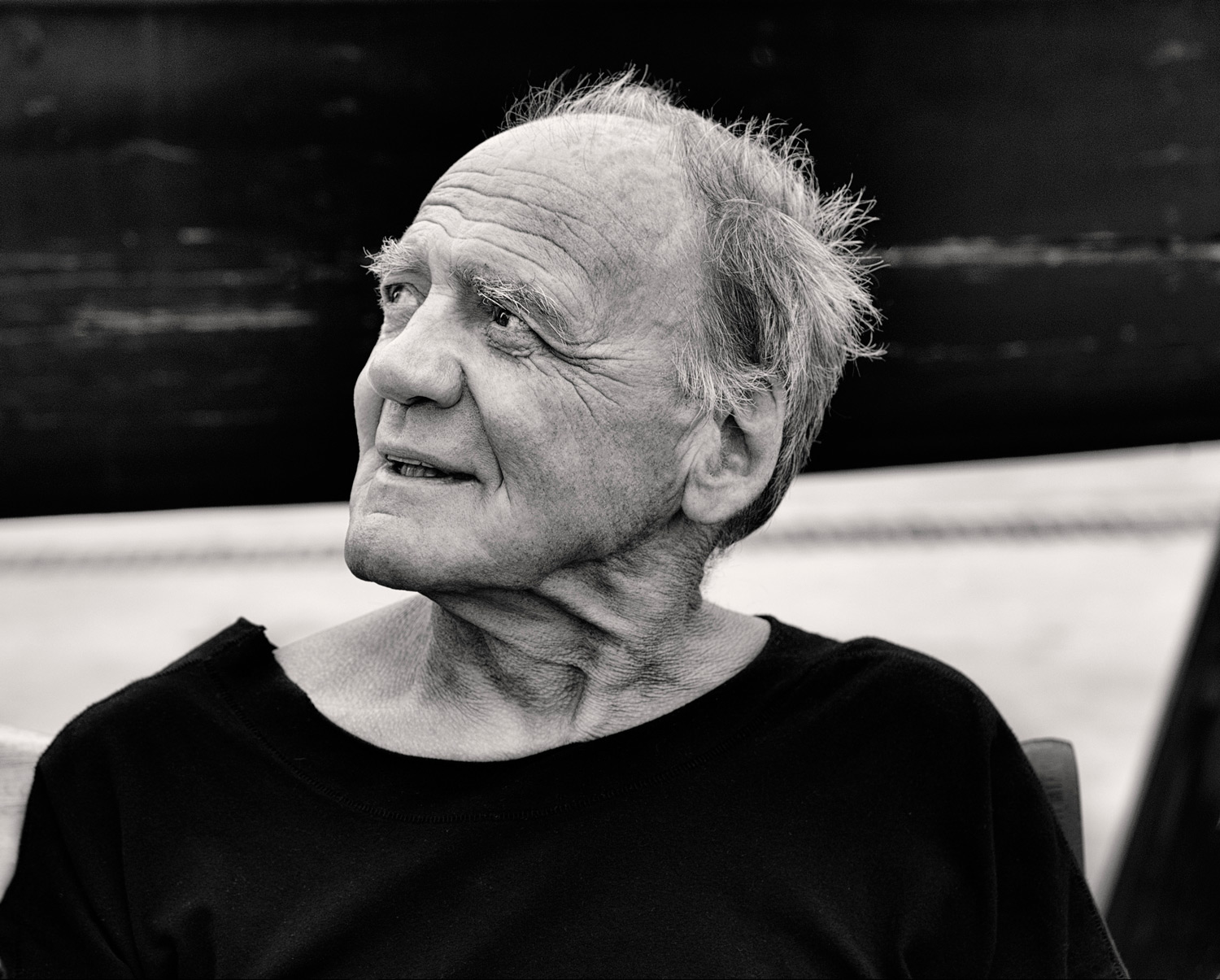
Ameeting in Zurich was scheduled soon thereafter, and the first seven-hour rehearsal, without a single break, gave me a closeup glimpse of Bruno’s artistry, intensity and concentration. We compared translations of Tennyson’s poem, discussed the narrative, excised lines for clarity and pace of dramatic recitation. And, naturally, we began our experimentation with the flow of the intertwining music and text.
Many concerts followed, with rehearsals, travel, meals and, throughout it all, stimulating conversation weaving the threads of our friendship. In the warm late summer days of 2016, we visited a Berlin studio to make the present recording.
Bruno’s wisdom and the gift to distill complex observations into concise sentences, his abiding and masterful quest to penetrate the text and convey its meaning, his humour, curiosity, integrity and his touchingly human presence inspired all of us. That he is gone causes an inconsolable pain, but hearing his voice confide the story of Enoch Arden into our ear, as we are taken by Tennyson’s words and Strauss’ music, provides a bittersweet respite.
January 2019
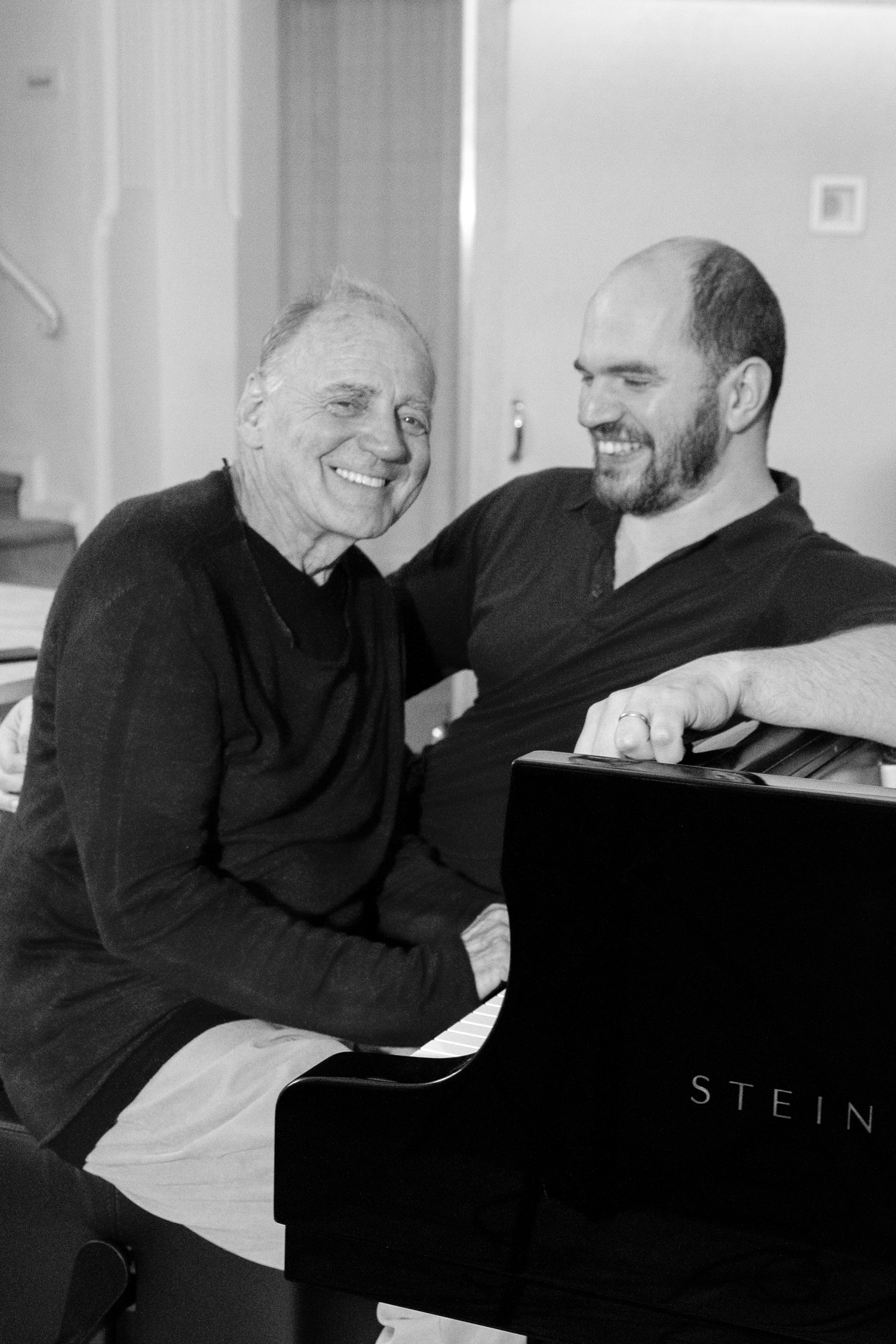
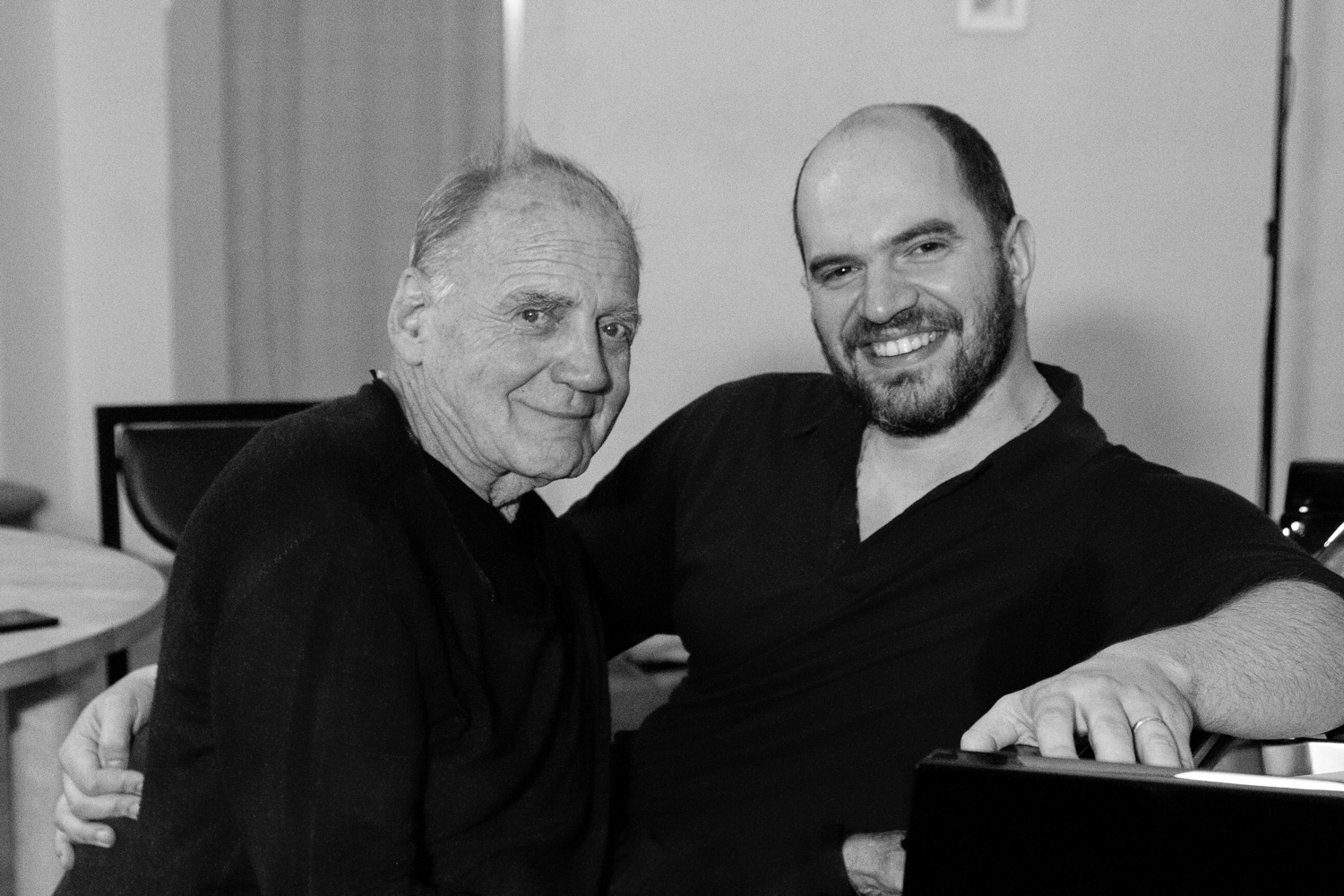

Bruno Ganz and I first met at the Ittingen festival in 2011. Having always been captivated by the magnetism of his talent and personality, I dared ask him whether he could be persuaded to collaborate one day on a performance of Richard Strauss’s 1897 Enoch Arden melodrama.
Ever since I fell in love with the piece through Glenn Gould’s classic 1963 recording, the vocal part spoken in English by Claude Rains, I yearned to hear the work narrated in German by a great actor. Strauss himself often performed it in German with the composition’s dedicatee, actor Ernst von Possart. Bruno kindly allowed me to send him the poem and recording for consideration. For the next couple of years, we had an intermittent, humorous back-and-forth email exchange. I would write to see whether he had had a chance to listen, read and decide on the idea. Bruno would courteously reply that, between his numerous film projects, he hadn’t quite had the time to do so, but that I could continue to remind him. Then, suddenly, a message arrived from his partner, Ruth Walz. “Bruno has read the poem and likes it. A lot. When can you start rehearsing?”

Ameeting in Zurich was scheduled soon thereafter, and the first seven-hour rehearsal, without a single break, gave me a closeup glimpse of Bruno’s artistry, intensity and concentration. We compared translations of Tennyson’s poem, discussed the narrative, excised lines for clarity and pace of dramatic recitation. And, naturally, we began our experimentation with the flow of the intertwining music and text.
Many concerts followed, with rehearsals, travel, meals and, throughout it all, stimulating conversation weaving the threads of our friendship. In the warm late summer days of 2016, we visited a Berlin studio to make the present recording.
Bruno’s wisdom and the gift to distill complex observations into concise sentences, his abiding and masterful quest to penetrate the text and convey its meaning, his humour, curiosity, integrity and his touchingly human presence inspired all of us. That he is gone causes an inconsolable pain, but hearing his voice confide the story of Enoch Arden into our ear, as we are taken by Tennyson’s words and Strauss’ music, provides a bittersweet respite.
January 2019













